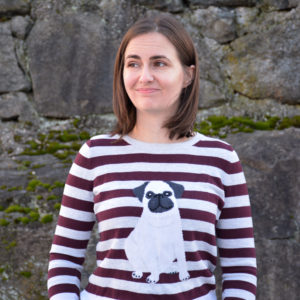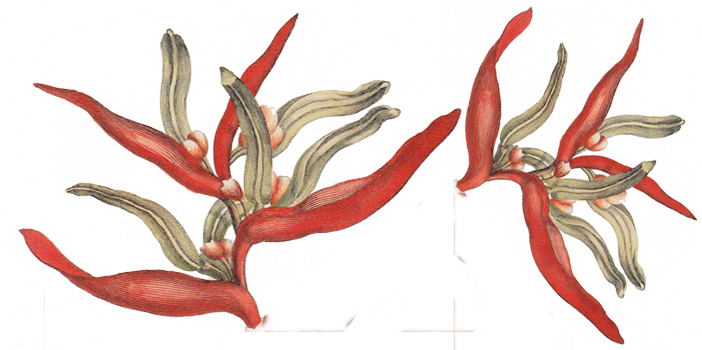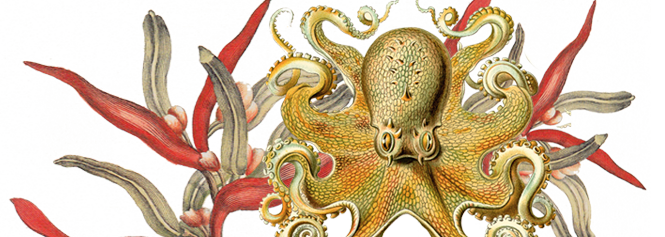
Seth Mnookin
Director and Professor smnookin@mit.edu
Seth Mnookin is the Director of the Graduate Program in Science Writing and a Professor in Comparative Media Studies/Writing at MIT. His most recent book, The Panic Virus: The True Story Behind the Vaccine-Autism Controversy, won the Science in Society Award from the National Association of Science Writers and was a finalist for the Los Angeles Times Book Prize. In 2020, the Polish translation of The Panic Virus won Jagiellonian University’s Smart Book of the Year Editors Award. He is also the author of the 2006 New York Times bestseller Feeding the Monster: How Money, Smarts, and Nerve Took a Team to the Top, which chronicles the challenges and triumphs of the John Henry-Tom Werner ownership group of the Boston Red Sox. His first book, 2004′s Hard News: The Scandals at The New York Times and Their Meaning for American Media, was a Washington Post Best Book of the Year.
Seth’s 2014 New Yorker piece on rare genetic diseases won the American Medical Writers Association prize for Best Story of the Year and was included in the 2015 Best American Science and Nature Writing anthology. His work has appeared in numerous publications, including The New York Times, Vanity Fair, STAT, Slate, The Boston Globe, Spin, The Washington Post, and Wired. A former music columnist for The New York Observer, he began his journalism career as a rock critic for the now-defunct webzine Addicted to Noise. He graduated from Harvard College in 1994 with a degree in History and Science and was a 2004 Joan Shorenstein Fellow at Harvard’s Kennedy School of Government.

Thomas Levenson
Professor levenson@mit.edu
Thomas Levenson is a Professor of Science Writing at the Massachusetts Institute of Technology. Levenson has written five books on science and the history of science: 1989’s Ice Time: Climate Science and Life on Earth, 1994’s Measure for Measure: A Musical History of Science, 2003’s Einstein in Berlin, 2009’s Newton and the Counterfeiter, and 2016’s The Hunt for Vulcan: . . . And How Albert Einstein Destroyed a Planet, Discovered Relativity, and Deciphered the Universe. His work has been translated into six languages besides English.
Levenson has also produced, directed, written, and executive produced several science documentaries, most recently the “Back to the Beginning” episode of the PBS mini-series Origins, for which he received the 2005 National Academies Communication Award. Prior to Origins, Levenson produced the “Dome” episode in the PBS series Building Big, hosted by David Macaulay, and was honored with a 2001 George Foster Peabody Award. He blogs at The Inverse Square Blog and Balloon Juice, and his short-form writing has appeared in a wide range of newspapers, magazines, and digital publications. Levenson earned his bachelor’s degree in East Asian Studies from Harvard and now lives about three miles from the scenes of his undergraduate indiscretions with his wife, Katha Seidman, and the apple of his eye, Henry.

Alan Lightman
Professor of the Practice of the Humanities lightman@mit.edu
Alan Lightman is a physicist, novelist, and essayist. He has served on the faculties of Harvard University and MIT and was the first person to receive dual faculty appointments at MIT in science and in the humanities.
As a physicist, Lightman has made fundamental contributions to the understanding of relativistic gravity, black holes, globular clusters, and radiative processes. His shorter pieces have appeared in The Atlantic, Granta, The New Yorker, The New York Times, and The New York Review of Books, among other publications. His novel, Einstein’s Dreams, was an international bestseller and has been translated into 30 languages. His novel, The Diagnosis, was a finalist for the 2000 National Book Award in fiction. His book about modern cosmology, Origins, was voted the best book in physical science by the Association of American Publishers.
Lightman is an elected fellow of the American Academy of Arts and Sciences and the American Physical Society. He won the 1996 Andrew Gemant Award from the American Institute of Physics for linking science and the humanities, and the 2006 John P. McGovern Science and Society Award. In 2003, Lightman founded the Harpswell Foundation, which works to empower women leaders in Cambodia. Lightman is the on-camera host of the public television series SEARCHING: Our Quest for Meaning in the Age of Science, which is based on his books.

Marcia Bartusiak
Professor of the Practice Emeritus bar2siak@mit.edu
Marcia Bartusiak has covered the fields of astronomy and physics for more than three decades and has published in a variety of publications, including Science, Smithsonian, Discover, National Geographic, and Astronomy. She was among the first to report on such discoveries as dark matter, meteorites from Mars, and the universe’s bubbly large-scale structure. More recently, she has delved into science history with such books as Black Hole and The Day We Found the Universe, which received the History of Science Society’s 2010 Davis Prize for the best history of science book for the public. Her latest book, Dispatches from Planet 3: Thirty-Two (Brief) Tales on the Solar System, the Milky Way, and Beyond, is a collection of essays designed to give readers a deeper understanding of the nature of the universe and those who strive to uncover its mysteries.
Bartusiak received the prestigious Andrew Gemant Award from the American Institute of Physics in 2006 for her contributions to the cultural, artistic, and humanistic dimension of physics, and in 2008 was elected a Fellow of the American Association for the Advancement of Science. She lives in Sudbury with her husband, mathematician Steve Lowe, and their bearded collie named Hubble.

Deborah Blum
Director of the Knight Science Journalism Program at MIT dlblum@mit.edu
Deborah Blum is a Pulitzer Prize-winning science journalist, columnist, and author of six books, including 2018’s The Poison Squad: One Chemist’s Single-Minded Crusade for Food Safety at the Turn of the Twentieth Century, and 2010’s The Poisoner’s Handbook: Murder and the Birth of Forensic Medicine in Jazz Age New York. Her series on ethical issues in primate research for The Sacramento Bee won the 1992 Pulitzer Prize for beat reporting and became the starting point for 1994’s The Monkey Wars, her first book.
She is a former president of the National Association of Science Writers, was a member of the governing board of the World Federation of Science Writers, and currently serves on the board of advisors of the Council for the Advancement of Science Writing. Blum is co-editor of the book A Field Guide for Science Writers, and in 2015, she was selected as the fourth director of the Knight Science Journalism Program at MIT.

Christina Couch
Lecturer couch@mit.edu
Christina Couch is the associate director of the MIT Graduate Program in Science Writing and a lecturer in the program. She authored two middle grade science books published by MIT Kids Press and was a Fall 2020 Education Writers Association Reporting Fellow, where she covered federal, state, and private efforts to expand science education within US prisons. Her writing can be found in Atlas Obscura, Fast Company, Hakai Magazine, Mental Floss Magazine, The New York Times, NOVA, Science Friday, Smithsonian, The Verge, Vogue.com, and elsewhere.

Danna Solomon
Academic Administrator dsolomon@mit.edu
Danna Solomon is the Academic Administrator for CMS/W and the MIT Graduate Program in Science Writing. She holds a Master’s in Arts, Festival & Cultural Management from Queen Margaret University, Edinburgh, and a BA from Tufts University. Her background is in administrative management in arts, culture, and higher education. In addition to her work at MIT, she works with several local community arts organizations in administration, organizational leadership, and production. Danna plays the flute and enjoys reading, knitting, interdisciplinary art, food, and puzzles.





